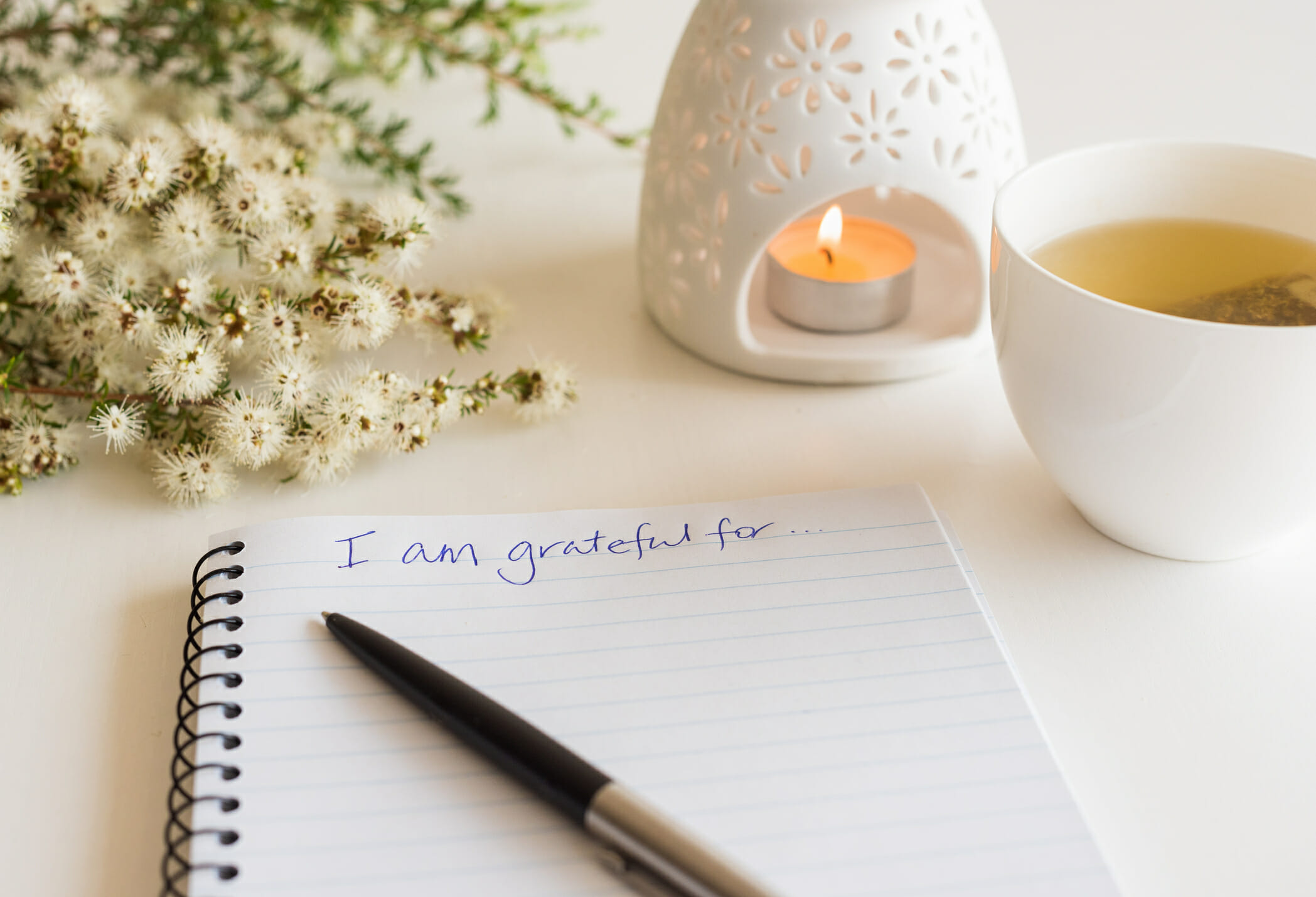Journaling to Support Addiction Recovery

Published: November 25, 2020
As with any method of addiction recovery, there are many strategies for enhancing a recovery process. Some of these strategies have resided with the human race for many decades, while others have sprouted in recent psychiatric development periods. Perhaps it’s a great honor to live in these years of tremendous scientific growth. Regardless, one of the proven methods that support addiction recovery is journaling.
Journaling is best defined as the process of writing or recording thoughts, emotions, or events. Journalism can be practiced almost anywhere provided a person has a pen and paper. For a person recovering from addiction, this art can be an impressive tool for keeping track of negative thought patterns or even noting advancements.
Although some may dislike their writing skills and shy away from journaling, it’s necessary to realize that journaling does not require any professional writing skills or language proficiency. No one wants to jump into someone’s business without their permission. Moreover, no one will be entitled to do grammar-check or whatever skills over your writings without your consent.
For a person recovering from addiction, journaling can be as simple as scribbling down a sentence or a single paragraph. It’s alright if you want to jot down how unhappy you feel or how depressed you are. Simply point out any good thought or lousy thought that runs across your mind.
This simple practice can assist you in clearing any adverse pent up energy or even improving your passions. After that, you can achieve a quiet and clear mind. Holding negative thoughts and harboring negative energies such as anxiety can give way to more detrimental life habits such as addiction.
Journaling is a fabulous way of identifying potential triggers for relapse. Try to note down the feeling you get when touching particular objects or passing through a specific location. Even for a person free from drug addiction, writing can help uncover the roots of stress or depression. Keep in mind that journaling should not be used as a diagnostic method for depression or anxiety disorder; journaling is a helpful tool that reduces negative thinking patterns. It can also help a person in staying organized during the whole process of recovery. Living organized means that a patient learns from past negligence and recognizes possible triggers.
If you’re recovering from addiction and have some yearly objective like saying no to drugs, conserving a journal can help you achieve your goals by governing your progress. Great leaders have always kept journals throughout their lives. Although you may have been led to believe that journaling is a thing for teenagers and little girls, it’s easy to spot how such notions are outworn, illogical, and made-up.
Most people recovering from addiction often make decisions based on other people’s opinions. As a result, they don’t give a chance to examine their true feelings and thoughts. Journaling is an excellent way of viewing your life from a noncritical perspective. This implies that you become honest with your views and suffer no prejudice.
When writing your thoughts on a piece of paper during recovery, a person can unlock constructive ideas that could otherwise pass unnoticed. For example, you might recognize a list of entertainments shortly after brainstorming. The key concept is, the mind functions less effectively when cluttered with negative thoughts and conflicting ideas, whereas putting those thoughts on a piece of paper enables you to analyze and cope with them.
A shared experience during addiction recovery is a lack of motivation. It’s quite crucial to have a record of your past achievements. That way, you can build much confidence by bringing those good memories back to mind.
